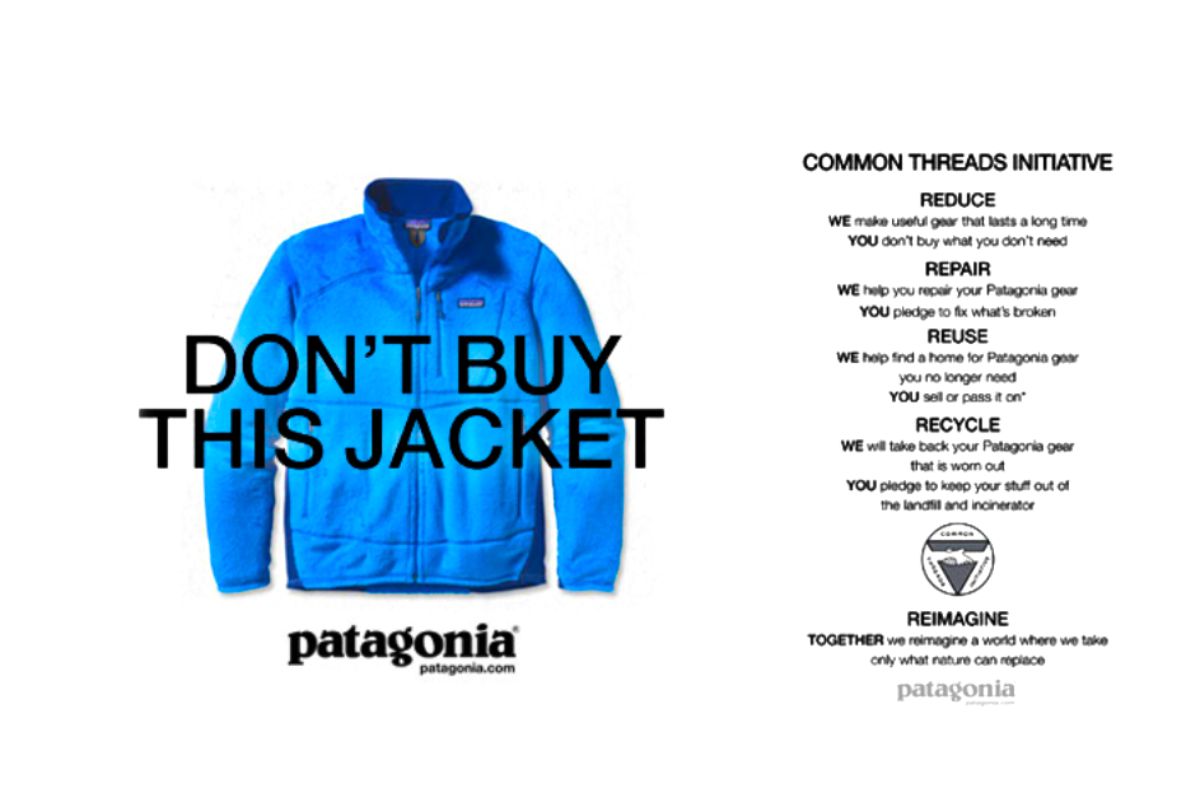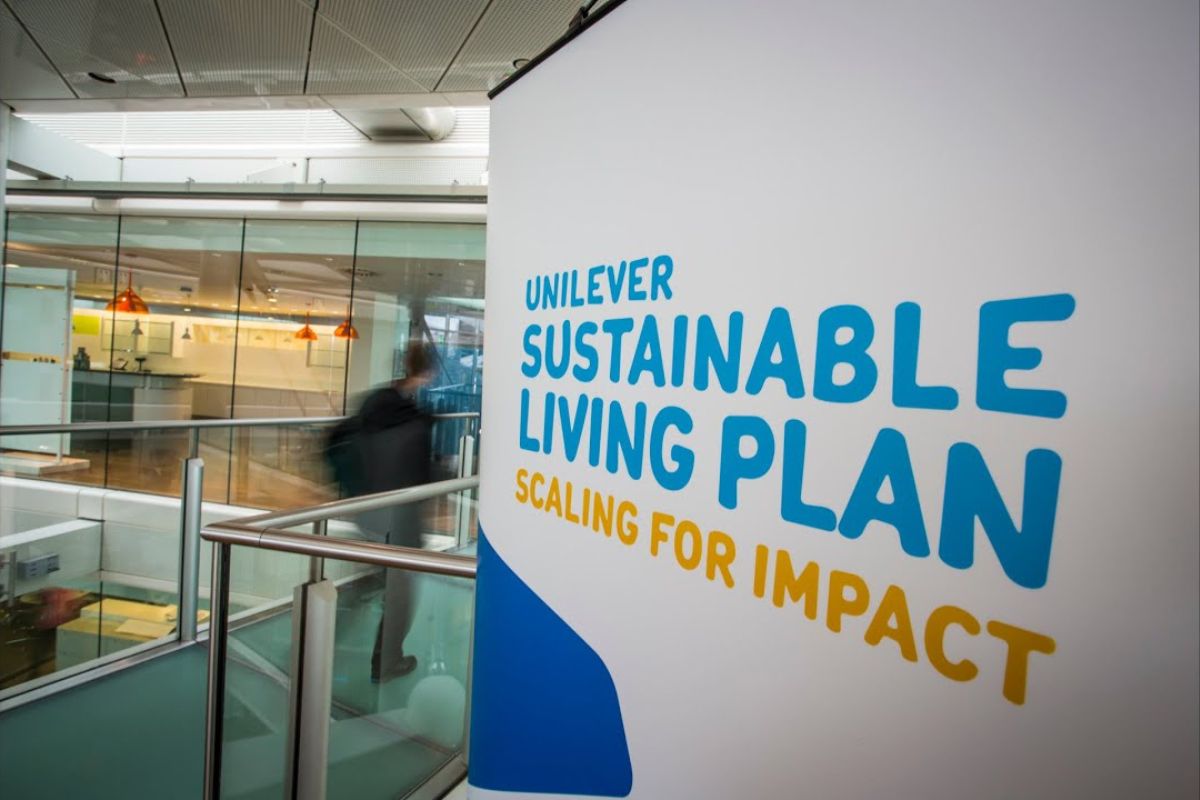Breaking through a marketing landscape filled with noise and clutter demands more than just catchy phrases and flashy visuals. Today’s consumers are looking for authenticity, transparency, and responsibility from brands.
This is where sustainable marketing plays a crucial role. It goes beyond seeking immediate gains to focus on creating enduring positive impacts on the planet and society. Imagine a marketing approach that boosts your brand while making the world better. Think of campaigns that deeply connect with consumers, building trust and loyalty beyond just sales.
This blog post dives into sustainable marketing, showing how aligning values with marketing efforts builds meaningful connections and drives real change.
Learn More About Sustainable Marketing
What Is Sustainable Marketing?
Sustainable marketing is a strategic approach that promotes products or services while also considering their environmental, social, and ethical impacts. Unlike traditional marketing, which often prioritizes short-term profits, sustainable marketing takes a long-term view, aiming to create value for both businesses and society as a whole.
3 Key Principles of Sustainable Marketing
At its core, sustainable marketing revolves around three key principles:
1. Environmental Responsibility
In sustainable marketing, you focus on minimizing the environmental footprint of your products or services. Some of the ways you can do this include:
- Using eco-friendly materials
- Reducing waste and emissions
- Adopting renewable energy sources
Promoting sustainability in your production and distribution appeals to environmentally conscious consumers and contributes to a healthier planet.
2. Social Impact
Sustainable marketing is also about the social implications of your business activities. This pertains to concepts like:
- Promoting fair labor practices
- Supporting local communities
- Addressing social issues such as inequality and diversity
Demonstrating your commitment to social responsibility builds trust with consumers who prioritize ethical values and social justice.
3. Ethical Business Practices
Ethics are central to sustainable marketing. This involves:
- Being transparent and honest in your advertising and communication
- Avoiding greenwashing (misleading claims of environmental benefits)
- Adhering to ethical standards in all your business dealings
By upholding ethical principles, you enhance your reputation and credibility, strengthening relationships with customers and stakeholders like yourself.
Consumer Trends and Preferences

Research indicates the growing importance consumers place on sustainability. They are increasingly concerned about environmental and climate changes, leading them to seek out products and brands that align with their sustainability values.
In a McKinsey US Consumer Sentiment survey, more than 60% of respondents said that they were willing to spend more on a product that comes in environmentally friendly packaging.
Meanwhile, a 2023 study by NielsenIQ found that 78% of consumers consider a sustainable lifestyle important. They believe that big businesses have a role to play in combating climate change, emphasizing the expectation for brands to contribute to environmental efforts.
Most importantly, consumers are not only interested in sustainable products. According to Dentsu’s The Pace of Progress 2024, consumers are also looking at companies’ actions to reduce their carbon emissions and implement sustainable marketing strategies. These findings highlight the growing significance of sustainability in shaping consumer preferences and purchasing decisions.
Benefits of Sustainable Marketing
When it comes to sustainable marketing, companies can reap a multitude of benefits that go beyond mere profitability. Let’s delve into some of the key advantages that businesses can gain from embracing sustainable practices.
Improved Brand Reputation
Embracing sustainable marketing practices can be a game-changer for your brand’s reputation. Today’s consumers are not just looking for products; they want to support businesses that align with their values and contribute positively to the world.
This is where your knowledge of building a strong brand that prioritizes sustainability and ethical practices comes into play. By integrating these principles into your marketing strategies, you can create a meaningful connection with environmentally conscious consumers and drive long-term success for your brand.
Enhanced Customer Loyalty
Companies engaging in sustainable marketing often experience higher levels of customer loyalty. Customers who perceive a brand as environmentally conscious and socially responsible are more likely to develop emotional connections with the brand.
Long-Term Profitability
Sustainable marketing strategies contribute to environmental and social responsibility and have a positive impact on a company’s bottom line. These strategies can help companies attract a loyal customer base, differentiate their business in the market, and drive positive word of mouth, all of which are essential for long-term success and profitability.
Strategies for Sustainable Marketing

Implementing sustainable marketing involves strategic approaches that align with environmental, social, and ethical considerations. Here are key strategies to integrate sustainability into your marketing efforts effectively:
Integrated Sustainability Messaging
Infuse sustainability into your brand’s messaging across all communication channels. Highlight eco-friendly initiatives, social impact projects, and ethical business practices to resonate with conscious consumers.
Beyond traditional marketing channels, integrate sustainability messaging into your product packaging, labeling, and point-of-sale materials. This consistent and cohesive approach reinforces your brand’s commitment to sustainability and helps educate consumers at every touchpoint.
Product Innovation for Sustainability
Innovate products or services with sustainability in mind. Look into using eco-friendly materials, reducing packaging waste, designing for durability and recyclability, incorporating energy-efficient features, and collaborating with suppliers committed to sustainability.
For instance, you might want to collaborate with research institutions and industry experts or tap into consumer insights to identify areas for improvement, such as using renewable energy sources, implementing closed-loop systems, or incorporating upcycled materials.
Transparency and Authenticity
Be transparent about your sustainability efforts. Openly share information about your supply chain, production processes, and environmental impact to build trust and credibility with consumers.
Foster transparency by inviting third-party audits or certifications to validate your sustainability claims. Additionally, consider publishing sustainability reports or creating dedicated sustainability sections on your website to provide detailed information and demonstrate your commitment to continuous improvement.
Engagement through Education
Engaging content can educate consumers about sustainability. Blogs, social media, and educational campaigns can raise awareness, promote sustainable living practices, and showcase your brand’s commitment to a better future.
Leverage interactive platforms, such as virtual reality experiences or gamification, to educate consumers in an engaging and immersive manner. Collaborate with influencers or thought leaders to amplify your educational efforts and reach a wider audience with sustainability-focused content.
Community Involvement
Engage with local communities and support initiatives that benefit society and the environment. Participate in community clean-up events, sponsor environmental conservation programs, or contribute to social welfare projects to demonstrate your brand’s commitment to social responsibility.
Empower and incentivize your employees to participate in community initiatives, volunteer programs, or sustainability-focused events. This not only contributes to the local community but also fosters a culture of sustainability within your organization, enhancing employee engagement and retention.

Measurable Goals and Impact Assessment
Set measurable sustainability goals and track your progress regularly. Use metrics such as carbon footprint reduction, waste diversion rates, or social impact indicators to assess the effectiveness of your sustainable marketing strategies.
In addition to quantitative metrics, consider incorporating qualitative measures to assess the effectiveness of your sustainable marketing strategies. Conduct consumer surveys, focus groups, or sentiment analysis to gauge brand perception, awareness, and loyalty among conscious consumers.
Customer Participation and Feedback
Involve customers in your sustainability journey. Seek feedback, encourage eco-friendly practices among customers, and showcase their contributions to sustainability initiatives to foster a sense of shared responsibility and engagement.
Implement user-generated content campaigns or crowdsourcing initiatives to encourage customers to share their sustainable practices, experiences, or ideas. This two-way dialogue not only promotes engagement but also provides valuable insights to inform and refine your sustainable marketing strategies.
By adopting these strategies, businesses can integrate sustainability into their marketing DNA, resonate with conscious consumers, and drive positive impact while achieving long-term success and profitability.
Examples of Sustainable Marketing
Discover the impact of sustainable marketing through real-world examples. Let’s look at the clothing brand Patagonia. I’ve been a fan of Patagonia for years. One of the programs that truly impresses me is their Common Threads Initiative, which promotes clothing repair, reuse, and recycling. Not to mention, their mission statement just blows me away: “We’re in business to save our home planet.”
Patagonia’s sustainability initiatives have garnered customer praise and set an industry benchmark for ethical marketing practices. The company has been recognized for its commitment to sustainability, labor conditions, and environmental efforts, positioning itself as a leader in ethical and sustainable practices within the clothing industry.

Unilever’s “Sustainable Living Plan” is a prime example of how prioritizing sustainability can foster strong customer loyalty and trust. The campaign has been instrumental in driving growth, with sustainable living brands outperforming the average rate of growth at Unilever and delivering a significant portion of the company’s turnover growth.
The plan’s focus on improving health and well-being, reducing environmental impact, and enhancing livelihoods has resonated positively with consumers, leading to increased brand preference and loyalty.

Companies like Interface have demonstrated impressive financial gains while reducing their environmental impact by embracing sustainable procurement practices. The company focuses on making safe, circular, low-carbon products and leads the industry in adopting more sustainable practices.
Interface’s sustainability efforts include recycling initiatives, carbon-neutral floors, product transparency, and a strong emphasis on environmental and human impact evaluation in its flooring products.

Taking Action for a Sustainable Future
Sustainable marketing is no longer just a trend – it’s a necessity for businesses aiming to stay relevant and competitive in today’s conscious marketplace. The path forward is clear: evaluate your current practices, set measurable sustainability goals, invest in eco-friendly innovation, prioritize transparency, engage communities, and actively involve customers.
At Newman Web Solutions, we understand the significance of aligning your marketing efforts with sustainable and ethical practices. We can guide you in crafting an authentic brand narrative that resonates with environmentally and socially conscious consumers.
From developing impactful social media messaging to data-driven digital marketing services, we’ll help you future-proof your brand and position it for long-term success.
Contact our local business marketing agency today to schedule a consultation, or give us a call at (404) 301-9189 and take the first step towards integrating sustainability into the heart of your marketing endeavors.





